The Leonore Annenberg Institute for Civics awarded four adult civics education grants to organizations in the Civics Renewal Network and partnered on a guide to civics for adults.

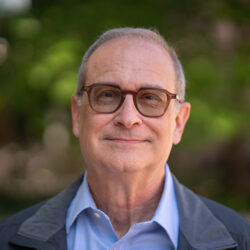
Michael Rozansky has worked as an editor, writer and reporter for 30 years. Before joining the Annenberg Public Policy Center as director of communications, he spent more than 20 years at the Philadelphia Inquirer, most recently supervising its arts and entertainment coverage. He has reported on the arts, media, business, politics, national and regulatory issues. Rozansky also developed and taught a class at Temple University on the history and practice of celebrity journalism. He received a bachelor’s degree in English and American literature from Brown University and a master’s degree in journalism from Columbia University’s Graduate School of Journalism.

The Leonore Annenberg Institute for Civics awarded four adult civics education grants to organizations in the Civics Renewal Network and partnered on a guide to civics for adults.
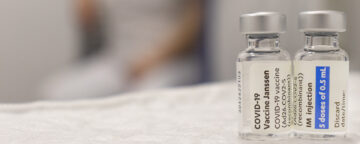
New article from APPC researchers shows misbeliefs about vaccine safety predicted hesitancy to vaccinate children ages 5 to 11, even among vaccinated U.S. adults.
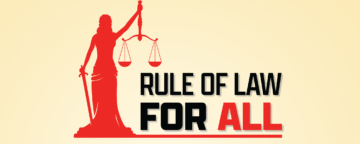
Street Law released a free curriculum for middle and high schools on the rule of law, created with the support of APPC's 2021 Leonore Annenberg Institute for Civics Award.
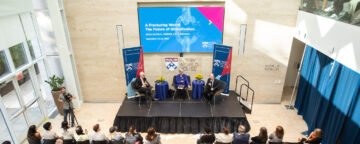
A colloquium with climate scientist Michael E. Mann and former Australian P.M. Malcolm Turnbull inaugurated the Penn Center for Science, Sustainability and the Media.
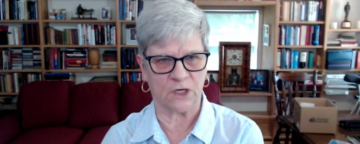
APPC Director Kathleen Hall Jamieson took part in an American Bar Association Annual Meeting panel on the future health of democracy in America and around the world.
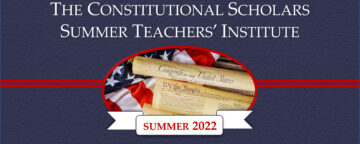
The Rendell Center conducted its annual Constitutional Scholars Summer Teachers Institute in partnership with APPC for 29 teachers, focusing on the Bill of Rights.
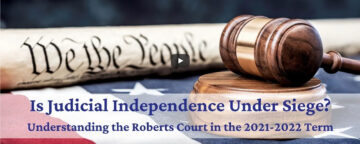
The Rendell Center for Civics and Civic Engagement, in partnership with APPC, is hosting a two-session webinar for teachers on the Supreme Court and judicial independence.

Two organizations, Retro Report and the Rendell Center for Civics and Civic Engagement, have joined as partners in the Civics Renewal Network.
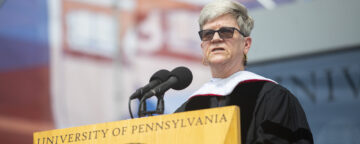
At the delayed commencement for Penn's class of 2020, Kathleen Hall Jamieson lauded the university's faculty, students, and graduates for their work battling the pandemic.
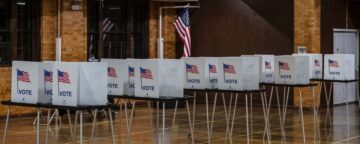
The Gilder Lehrman Institute won the 2022 Leonore Annenberg Award to create a high school program on the role of the states in determining voting rights.